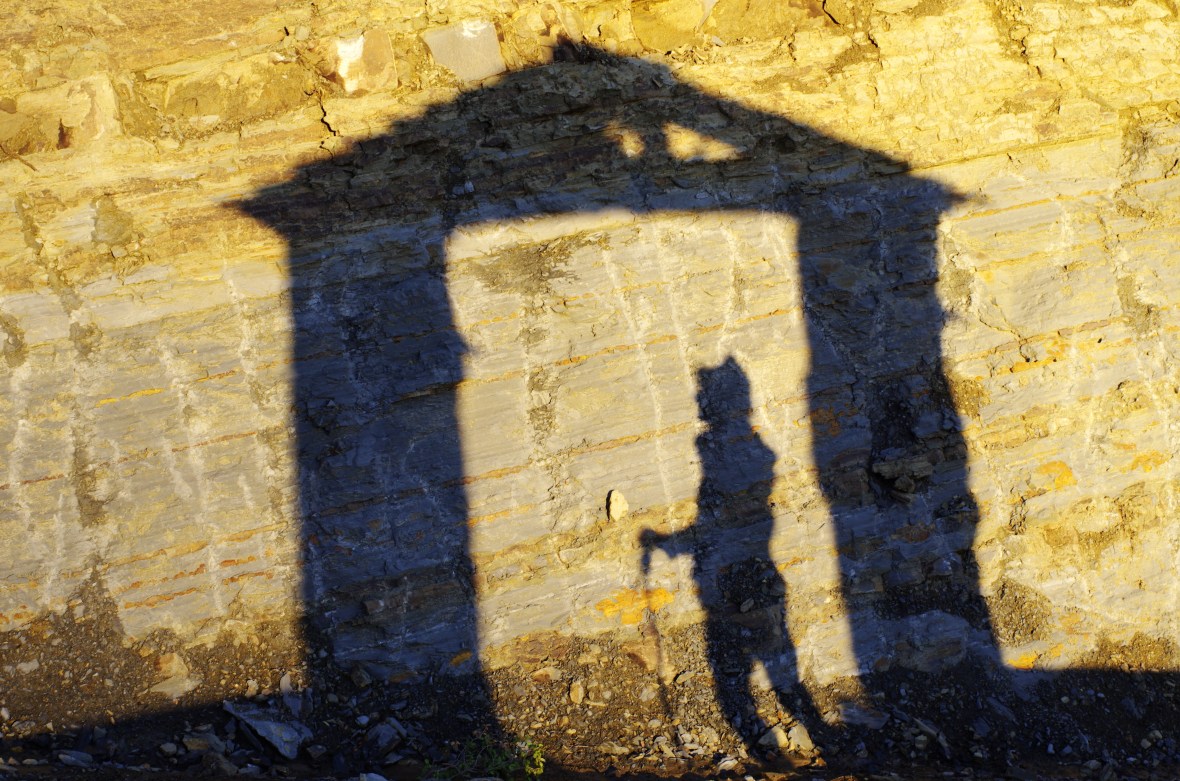Welcome
Welcome. Thanks for visiting.
In these pages there’s a lot about me, so sorry for that. In short, I’m a writer and broadcaster. In 2024 my play Of Forgetting was staged (as a staged reading) at the historic La Mama theatre in Melbourne. The play is about my grandmother Olga Stambolis, who was recruited and trained by the British to sabotage, kill and rescue allied soldiers in Greece during World War II. She has been unheralded, like so many who were just trying to do the right thing under tyranny, living the mantra that for evil to succeed, good people just need to do nothing. I first wrote the story as a novel, Someone Else’s War (2011), published in Europe as Olga’s War (2013).
Of Forgetting was shortlisted for the Cooper Prize in playwriting just as it was about to go into rehearsal, which was a wonderful boost for the entire creative team, director Gary Young, and actors Jackie Rees, Grant Piro and Kellie Rode.
My palette of work is pretty broad. As well as delivering academic papers on the Greek diaspora and anglicisation of migrants’ names, I was commissioned in 2021 to write the history of the ABC’s international arm, Radio Australia. I was probably chosen because I hosted the breakfast show on that world service for nine years. Nine years. Somebody must have liked my sense of humour. The book was certainly was a hoot to write. I interviewed more than sixty people for it including foreign ministers past and present and many of my former ABC colleagues. Although the topic would seem pretty narrow, it went into a second printing, which was a lovely surprise.
My latest commission was something right out of the box. It was the history of the rock band Deep Purple. That was released in the UK and the US in May 2025 and in Australia in August 2025 [see the page “The Deep Purple Book”].
My next novel is something else again. An imagined story where the future and the past entwine. I write about in my diary (without giving too much away of course!)
Drop over to my diary page if you get a minute. It might give an insight into a writer’s life.
Thanks again for dropping in.
The Deep Purple book: On Track: Deep Purple from 1984. Sonicbond Publishing (UK 2025) ISBN: 978-1-78952-354-6
My 2011 novel Someone Else’s War is available as below:
Available on iTunes: In English and in Greek. Search for Phil Kafcaloudes and it will bring up both.
Available in book form:
Greek version ISBN: 978-618-01-0055-6 (through Psichogios Publications, Athens)
English version ISBN: 978-1-742840-64-2 (This can be purchased from me directly: jackafca@gmail.com)
Please feel free to get in contact, either about my work as a broadcaster, academic, as a researcher into Greek history, or as a Deep Purple fan.
Rock on.
Phil



